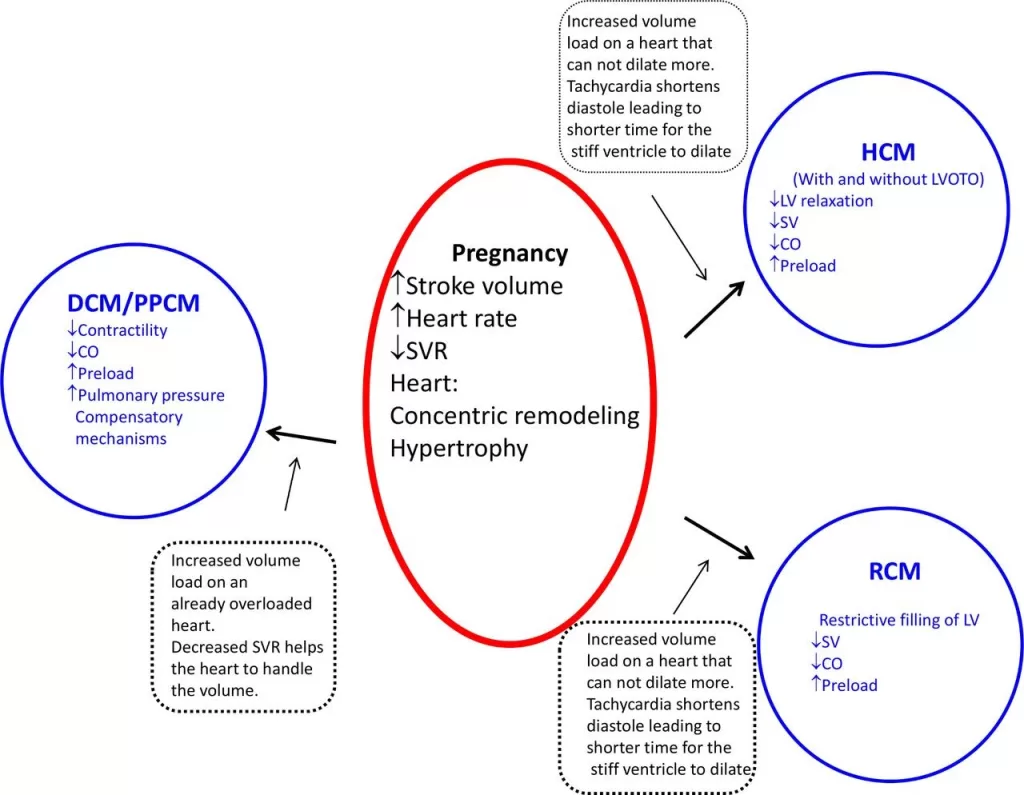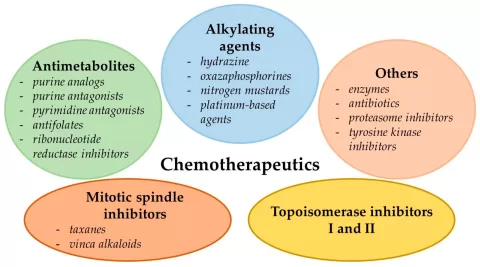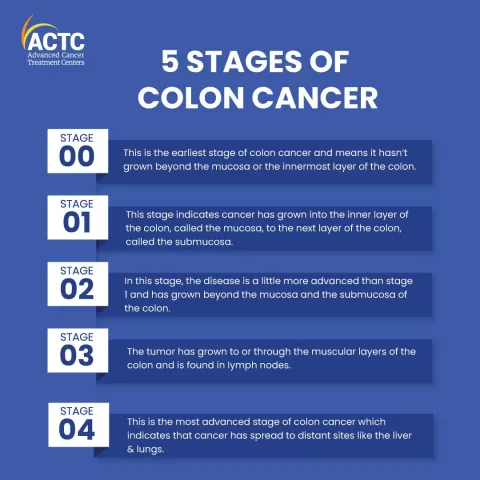Pregnancy and cardiomyopathy represent a critical intersection of maternal health and heart disease that demands attention. During this transformative time, women’s heart health can be compromised, leading to serious conditions such as peripartum cardiomyopathy. Understanding the symptoms of cardiomyopathy and recognizing pregnancy-related heart risks is essential for early diagnosis and intervention. Unfortunately, many women, particularly those facing healthcare disparities in pregnancy, may not receive the timely care they need. This guide aims to illuminate the complexities of pregnancy and cardiomyopathy, empowering expectant mothers with knowledge and resources to safeguard their well-being.
The connection between pregnancy and heart disease is multifaceted, often encompassing terms such as maternal heart conditions and postpartum heart failure. For many women experiencing the profound changes of motherhood, the health of their heart can be overlooked amidst the myriad of physical changes they encounter. Understanding symptoms related to heart conditions, such as fatigue or shortness of breath, becomes crucial as these could signify underlying issues like postpartum cardiomyopathy. Moreover, barriers in healthcare access can contribute to a lack of awareness and delay in treatment for women who need it most. By shedding light on these issues, we can promote better health outcomes for mothers and their children alike.
Understanding Pregnancy-Related Heart Risks
Pregnancy presents unique challenges to heart health, making it crucial for expectant mothers to understand the risks involved. During this transformative period, women are subjected to significant physiological changes that can affect cardiovascular function. From increased blood volume to changes in heart rate and blood pressure, the heart works harder to accommodate both mother and baby. For some women, particularly those with pre-existing conditions, these changes can elevate the risk of developing serious heart issues, including cardiomyopathy, which can occur during or after pregnancy.
The awareness of pregnancy-related heart risks is particularly critical for women within marginalized communities. Limited access to healthcare and systemic disparities often mean that these women may not receive the continuity of care needed to monitor potential heart complications. By educating themselves about the signs and dangers of heart conditions during pregnancy, women can advocate for their health and seek early intervention when necessary. Understanding these risks is the first step in managing heart health effectively during this period.
Recognizing the Symptoms of Cardiomyopathy
Recognizing the symptoms of cardiomyopathy during pregnancy is essential. Many women may mistake the early signs such as fatigue, shortness of breath, and swelling for normal pregnancy complaints. Fatigue that is not alleviated by rest, persistent swelling in the extremities, and unexplained chest pain are potential indicators of cardiomyopathy. It is vital for pregnant women to be aware of these symptoms and to communicate openly with their healthcare providers if they arise.
Education around the symptoms of cardiomyopathy can empower women to seek timely medical attention. Support networks and community programs can play a key role in disseminating information regarding heart health during pregnancy, which may lead to improved outcomes for mothers and their babies. Increased awareness helps ensure that women do not ignore potentially dangerous symptoms and are proactive about their well-being.
Postpartum Cardiomyopathy: A Hidden Threat
Postpartum cardiomyopathy is a rare but serious condition that can develop in the months following childbirth. Affects around 1 in 4,000 pregnancies, it disproportionately impacts women of color who may already face numerous healthcare disparities. Symptoms of postpartum cardiomyopathy often mirror normal postnatal recovery processes, making it crucial for women to differentiate between common symptoms and more serious cardiac issues.
Recognizing the threat of postpartum cardiomyopathy underscores the need for targeted awareness initiatives. Women should be informed about the signs and risks associated with this condition not only during their pregnancy but also as they transition into motherhood. Regular follow-ups and open conversations with healthcare providers can significantly improve the detection and management of postpartum cardiomyopathy, ensuring better heart health for new mothers.
Promoting Heart Health Through Lifestyle Changes
Adopting a heart-healthy lifestyle during and after pregnancy can significantly mitigate the risk of developing cardiomyopathy. Educating women on nutrition, exercise, and self-care practices can empower them to make informed decisions that benefit both their heart and overall health. Eating a well-balanced diet rich in fruits, vegetables, whole grains, and lean proteins, along with maintaining a healthy weight and avoiding substances like tobacco and alcohol, is fundamental.
Moreover, engaging in moderate physical activity, as recommended by healthcare providers, can also strengthen the heart and enhance overall well-being. Regular prenatal care ensures that any potential heart health issues are addressed promptly, providing additional safeguards. Support resources, such as nutrition workshops and fitness classes designed for pregnant women, can further promote healthy habits, reinforcing the importance of lifestyle choices in preventing cardiomyopathy.
Addressing Healthcare Disparities in Pregnancy
Healthcare disparities significantly affect maternal health outcomes, particularly regarding heart conditions such as cardiomyopathy. Women of color disproportionately face barriers to accessing quality healthcare, often resulting in delayed diagnoses and inadequate treatment for serious conditions. Systemic factors, including economic challenges, lack of insurance coverage, and provider biases, exacerbate these disparities and increase the risk of negative health outcomes during and post-pregnancy.
To address these inequalities, it is essential to advocate for policies that improve healthcare access and quality for marginalized populations. Community health initiatives focused on awareness and education can also help bridge the gaps. By creating programs that target the specific needs of vulnerable populations, we can work toward reducing the incidence of heart-related complications during pregnancy and ensure that every woman has the opportunity to achieve optimal health for herself and her child.
Frequently Asked Questions
What is postpartum cardiomyopathy and how does it relate to pregnancy?
Postpartum cardiomyopathy is a rare but serious heart condition that can develop in women during or after pregnancy. It affects the heart muscle and can lead to heart failure. This condition is most often recognized within the last month of pregnancy or up to five months after childbirth. Awareness of this pregnancy-related heart risk is crucial for early diagnosis and management.
What are the common symptoms of cardiomyopathy during pregnancy?
Common symptoms of cardiomyopathy during pregnancy include shortness of breath, unusual fatigue, swelling in the legs or abdomen, and chest pain. These symptoms may easily be mistaken for normal pregnancy discomforts, so it’s vital for pregnant women to be informed and vigilant about their heart health.
How can I protect my heart health during pregnancy and reduce the risk of cardiomyopathy?
To protect your heart health during pregnancy, maintain regular prenatal care, adopt a healthy lifestyle by eating well and exercising moderately, and educate yourself about the symptoms of cardiomyopathy. Access to proper healthcare services and addressing any disparities in care are also essential for reducing pregnancy-related heart risks.
What are the healthcare disparities that affect women with pregnancy-related heart risks?
Healthcare disparities among pregnant women, particularly those of color, can lead to inadequate monitoring and treatment of cardiovascular issues like cardiomyopathy. Lack of insurance, systemic biases, and economic challenges contribute to these disparities, making it essential to advocate for equitable healthcare access for all mothers.
How can awareness of cardiomyopathy symptoms improve outcomes for pregnant women?
Increased awareness of cardiomyopathy symptoms among pregnant women and healthcare providers can lead to earlier diagnosis and treatment, significantly improving outcomes. Education programs focusing on the risks, symptoms, and importance of heart health during pregnancy are crucial for empowering women to seek timely medical care.
| Key Points | Details |
|---|---|
| Cardiomyopathy Overview | A heart condition affecting the heart muscle, which can lead to heart failure during or post-pregnancy. |
| Risks Associated | Postpartum cardiomyopathy affects approximately 1 in 4,000 pregnancies, with higher risks in women of color. |
| Symptoms to Recognize | Shortness of breath, fatigue, swelling, and chest pain should prompt immediate medical advice. |
| Proactive Measures | Regular prenatal care, self-education, healthy lifestyle choices, and seeking support can mitigate risks. |
| Future Directions | Research is underway to better understand the relationships between pregnancy and cardiac health. |
Summary
Pregnancy and cardiomyopathy are closely linked, with heart health posing significant risks during this transformative phase. Recognizing the complexities of this relationship is vital for expectant mothers. It is important to understand the specific risks, such as postpartum cardiomyopathy, and its symptoms to ensure timely intervention. Women can engage in proactive measures such as regular prenatal visits, educating themselves about heart health, and making healthy lifestyle choices to safeguard their wellbeing. Emphasizing awareness and accessibility to healthcare is crucial in reducing potential complications. As research continues to uncover more insights, it is essential for women to advocate for their heart health and seek support throughout their pregnancy journey.
The content provided on this blog (e.g., symptom descriptions, health tips, or general advice) is for informational purposes only and is not a substitute for professional medical advice, diagnosis, or treatment. Always seek the guidance of your physician or other qualified healthcare provider with any questions you may have regarding a medical condition. Never disregard professional medical advice or delay seeking it because of something you have read on this website. If you believe you may have a medical emergency, call your doctor or emergency services immediately. Reliance on any information provided by this blog is solely at your own risk.








